Theory 🤓🧠📚
The term ‘Theory’ in the context of industry categories refers to the conceptual frameworks and analytical tools used to understand, predict, and enhance the functioning of various sectors within an industry. A theory can encompass a wide range of disciplines such as economics, sociology, engineering, and management, depending on the industry in question. It is integral to the development of practices and processes that enhance efficiency, innovation, and competitiveness. In essence, theories provide a foundational basis for professionals to devise strategies, implement policies, and evaluate outcomes effectively within their respective industries.
Theorical Lessons about AI
In the field of AI and data, ‘Theory’ encompasses the principles and models that underpin machine learning algorithms, data processing techniques, and artificial intelligence systems. This theoretical groundwork not only informs the development of new technologies but also enhances the understanding of data structures, algorithm behavior, and AI ethics. On this page, you will find a curated list of free trainings, comprehensive definitions, and valuable resources. These materials are designed to help our audience, from beginners to advanced practitioners, deepen their knowledge of AI and data theory, facilitating both academic and practical advancements in the field.
-
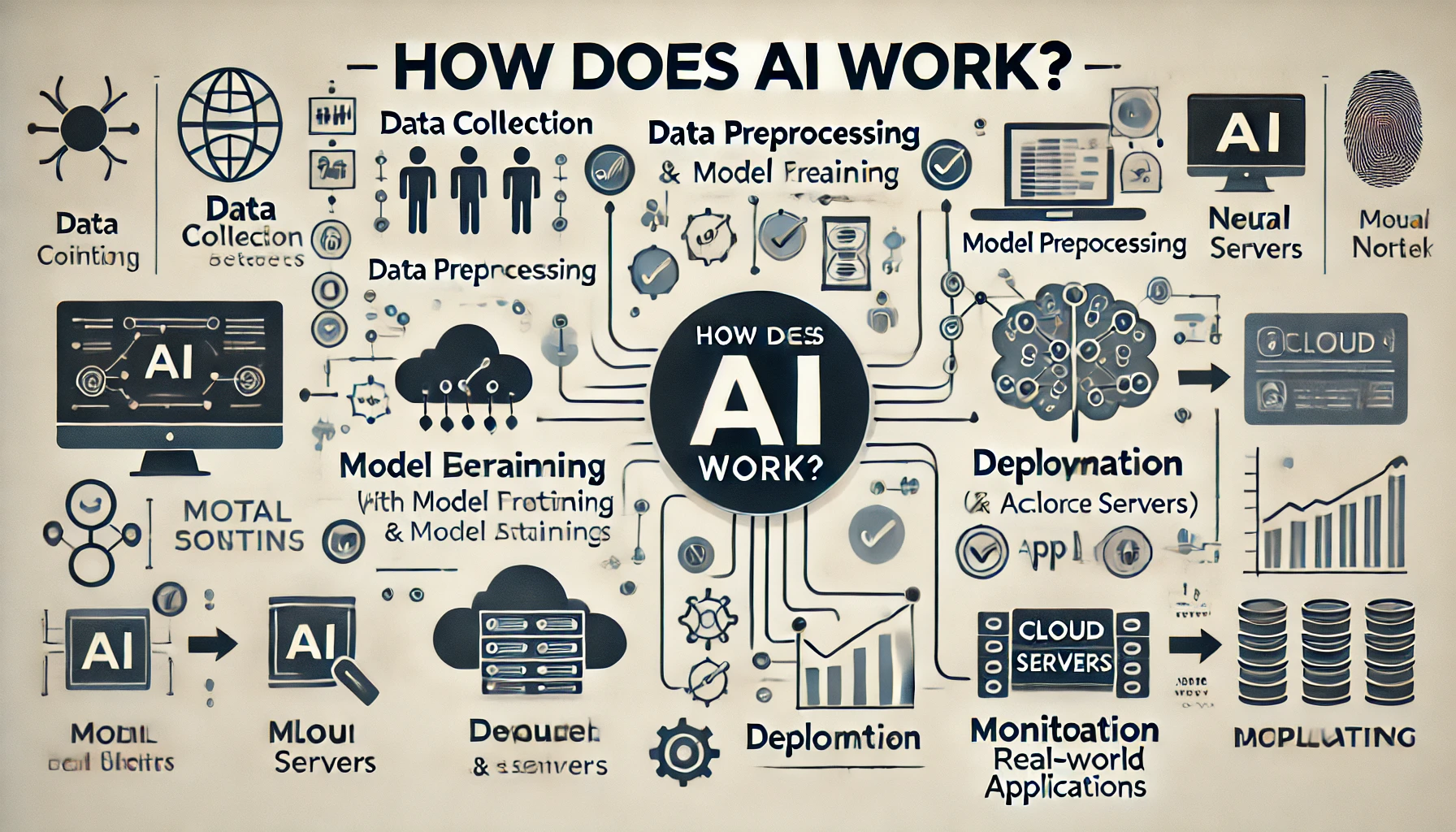
How AI Works: A Step-by-Step Explanation
Artificial Intelligence is a term representing the ability of machines to perform tasks normally requiring human intelligence. The understanding of its operation can be simplified into the key components: data input, processing, output generation, and feedback loops. Data Input The journey begins with the collection of data. AI systems collect data from text, images, audio, […]
-
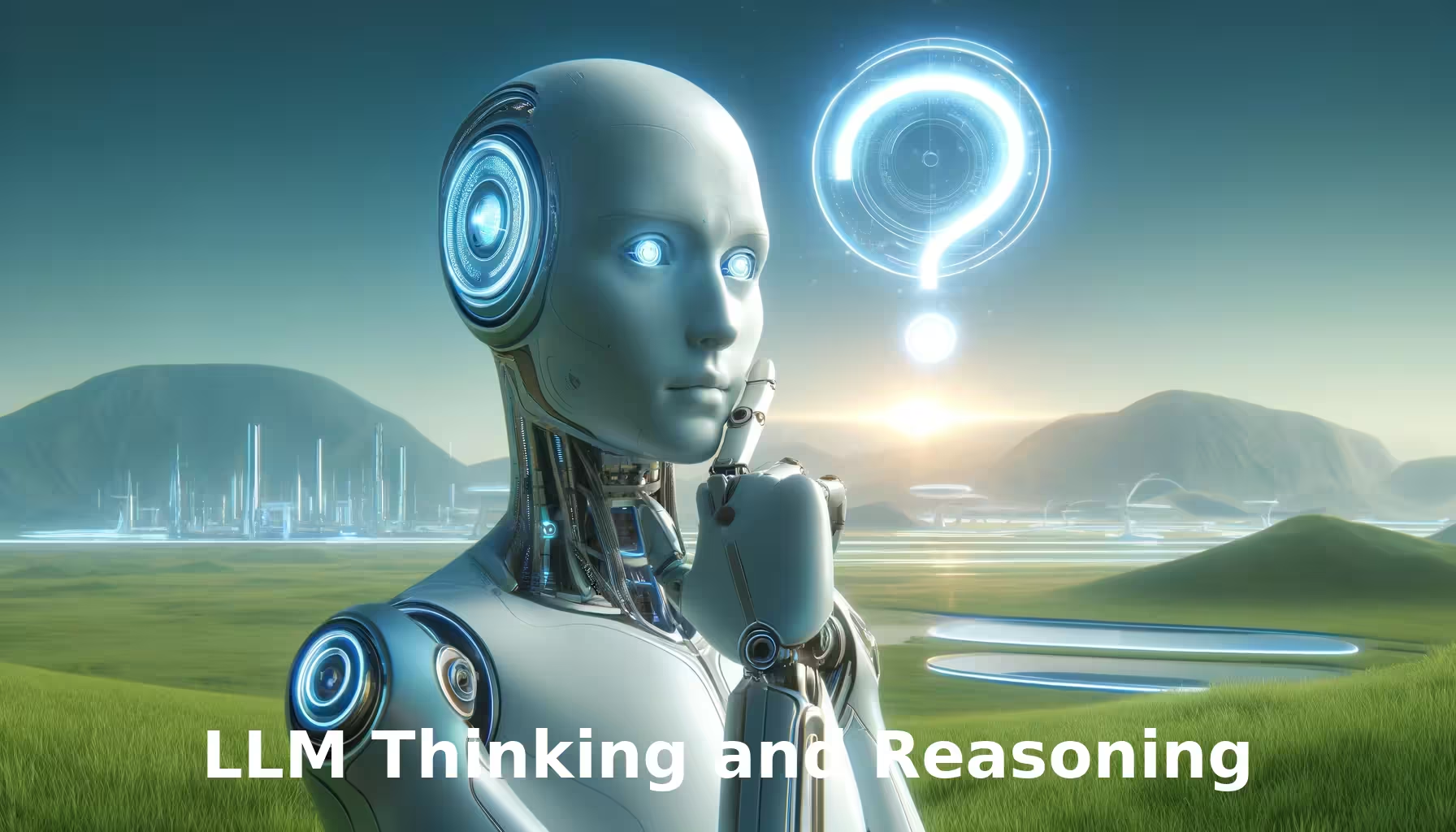
Can LLMs truly reason or they’re based on probability?
Large Language Models, like OpenAI’s ChatGPT, have impressively honed the art of emulating human conversation in a way that often feels like they really understand what is being said. In reality, though, these models do not “think” or “reason” in the way that humans do. Instead, they rely on patterns and probabilities, which are the […]
-
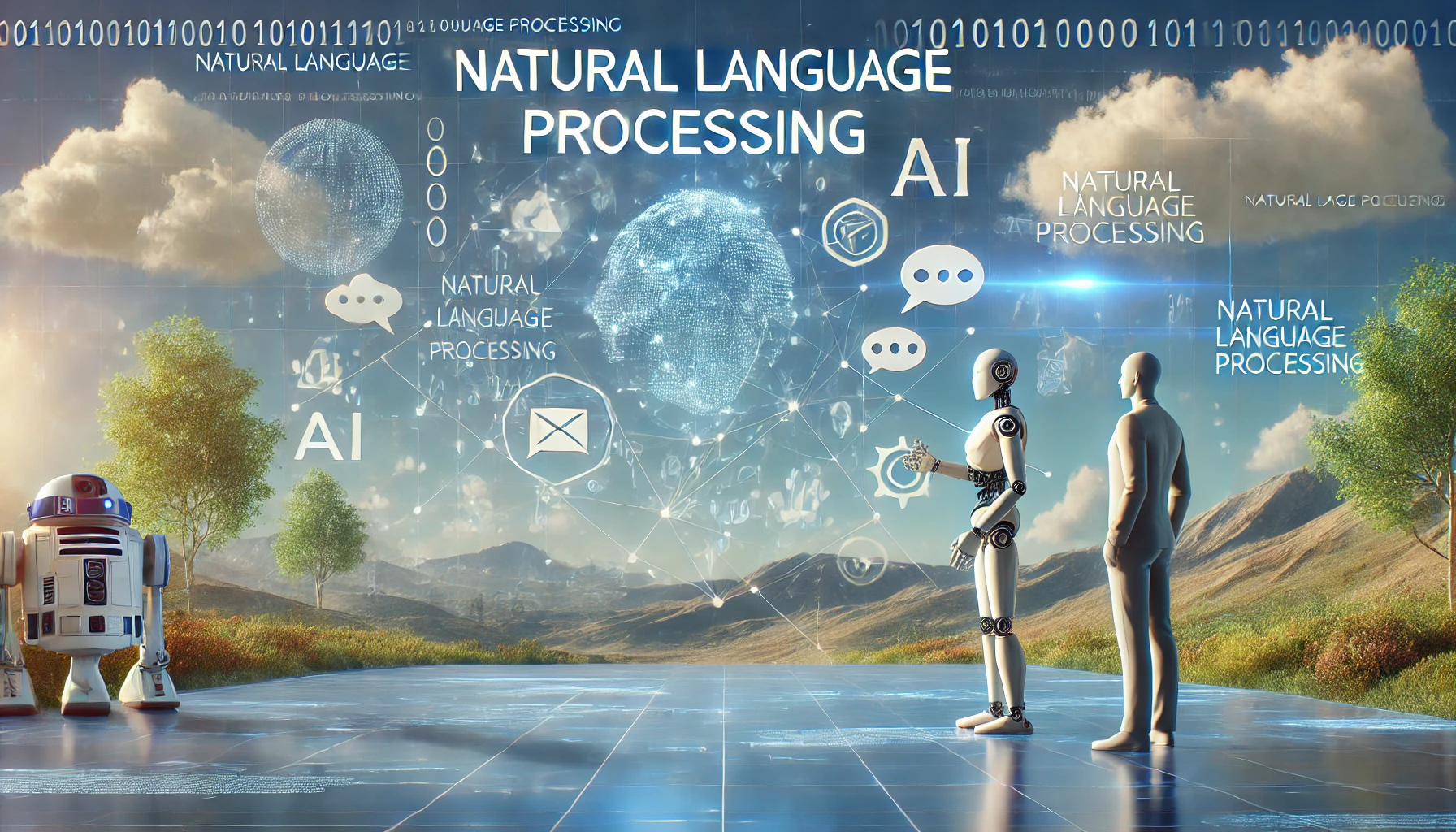
What is Natural Language Processing (NPL) in the field of AI?
NLP is a sub-area of artificial intelligence which gives machines the ability to understand or simulate human language. In simple terms, natural language processing lets users interact with technology by closing the gap in human language understanding by a computer. It was created for the purpose of being able to communicate using everyday language. How […]
-
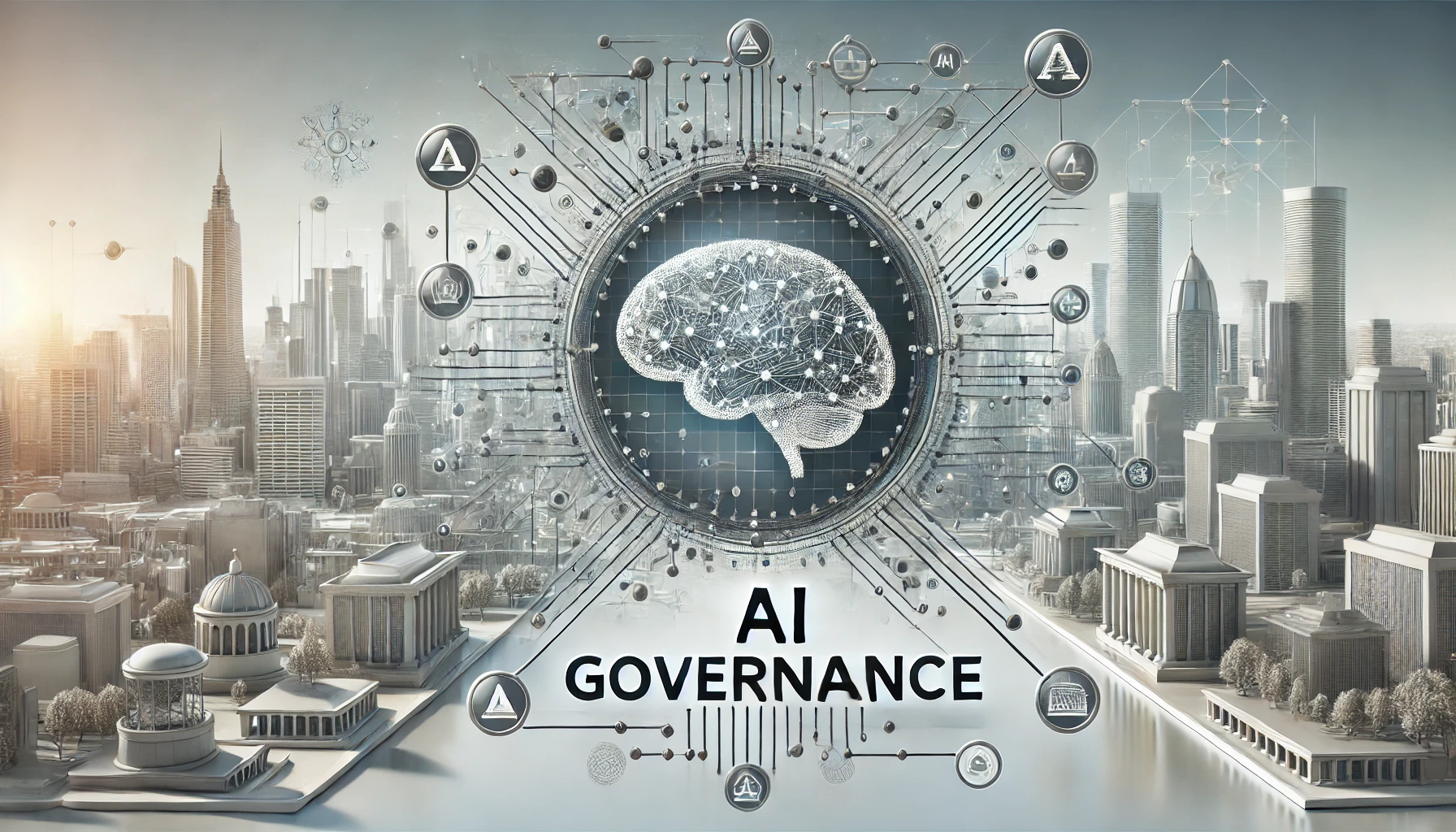
AI Governance: What It Is and How to Implement higher ROI
When one thinks about AI governance, this is basically a framework set up to ensure that artificial intelligence is dealt with responsibly within an organization. It looks at accountability in data collected, models used, and decisions made, and it does this through transparency and fairness. This becomes critical as AI starts playing an increasing role […]
-
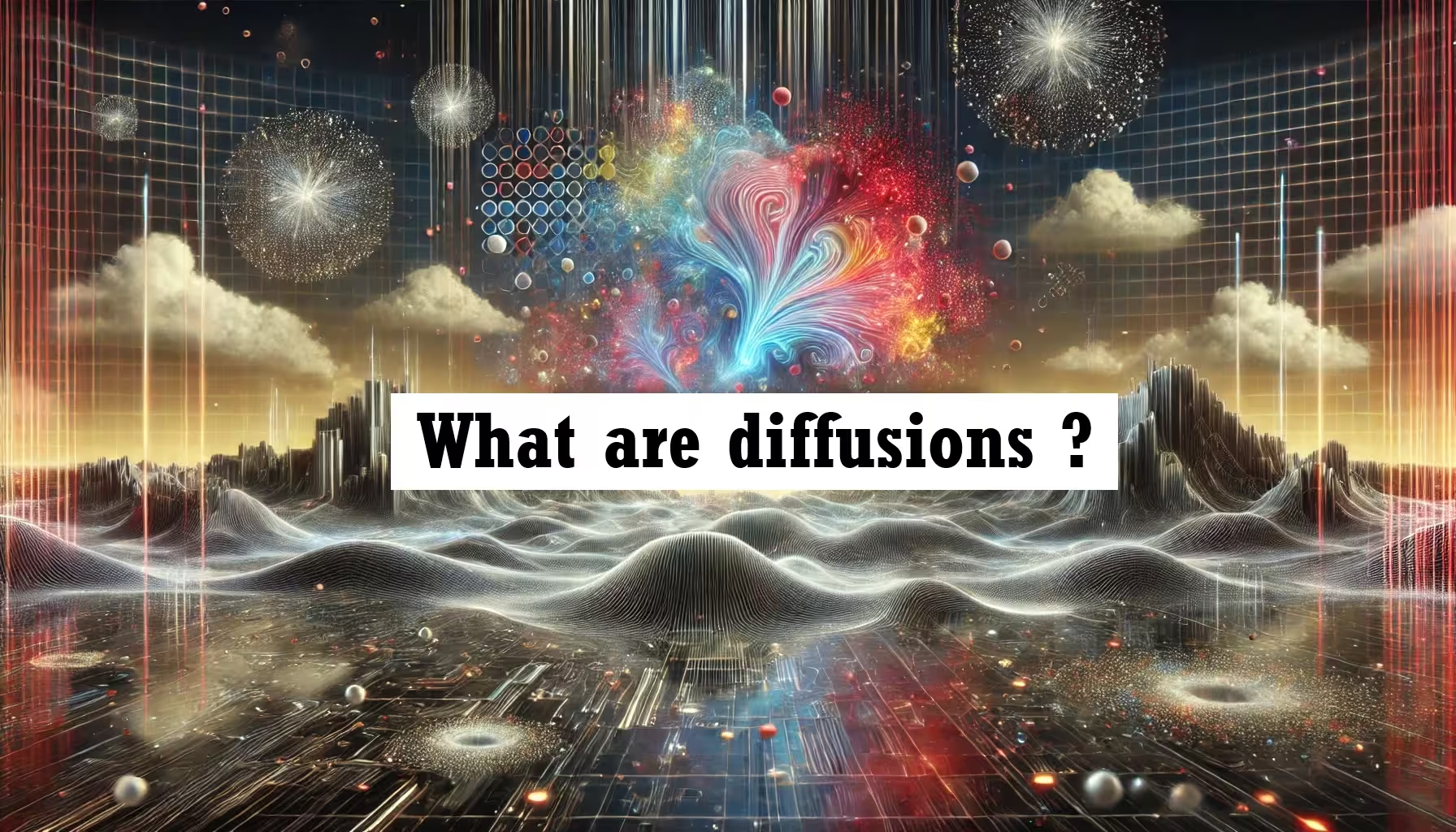
What are Diffusions Machine Learning Models?
What are Diffusions? So, we can say that Diffusion Models, at their core, are a fascinating approach to generating new data in the world of machine learning. Unlike traditional generative models, Diffusion Models (or simply just Diffusions) represent an interesting method of generating new data in the world of machine learning. This is because, apart […]
-
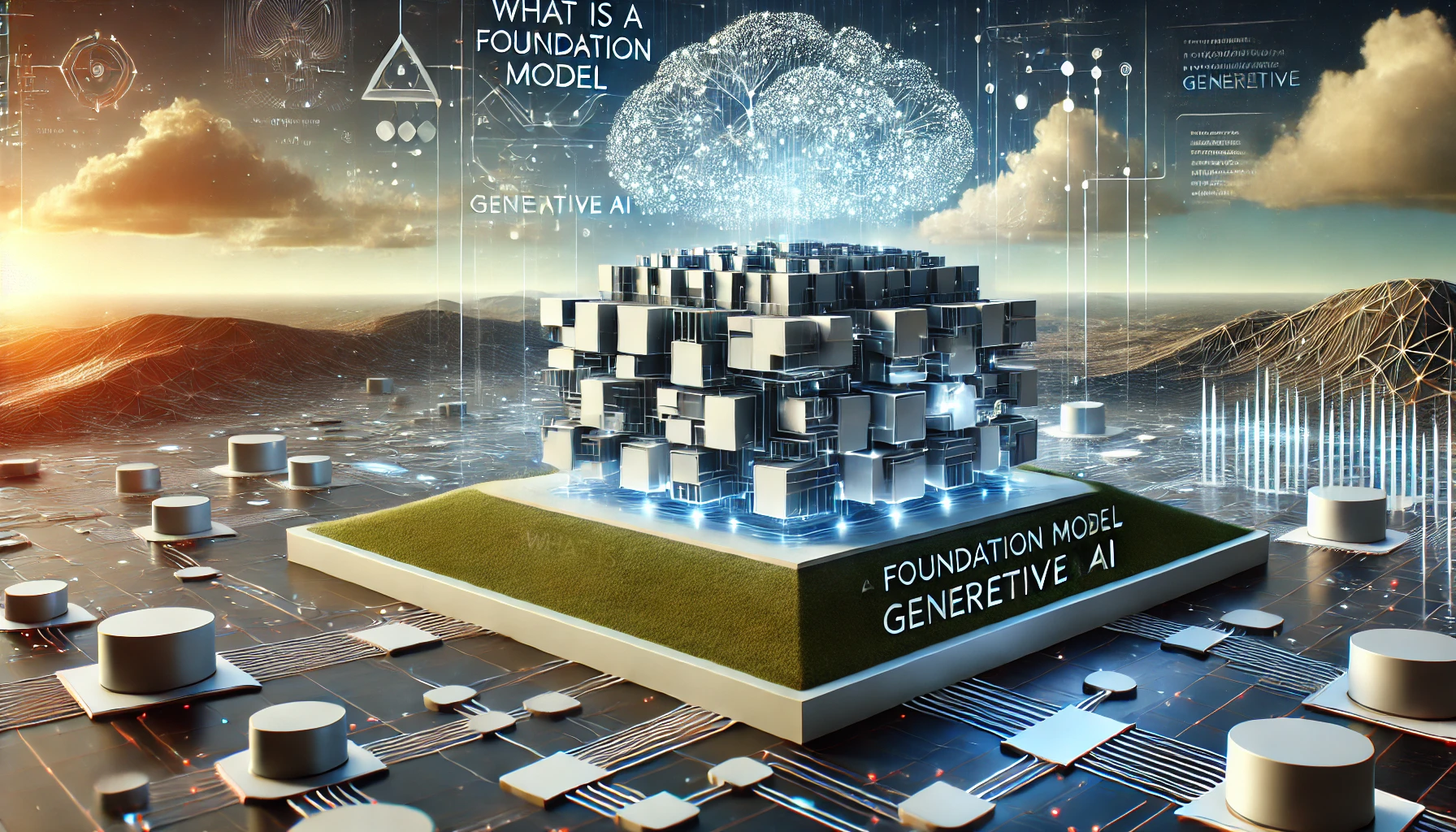
What is a Foundation Model in Generative AI?
A foundation model is a generalizable AI model; it is pre-trained with immense amounts of data in such a way that it can be set up for a wide range of tasks. This is highly generalized compared to traditional models of AI, which were meant for only one use case. The foundation models can address […]
-
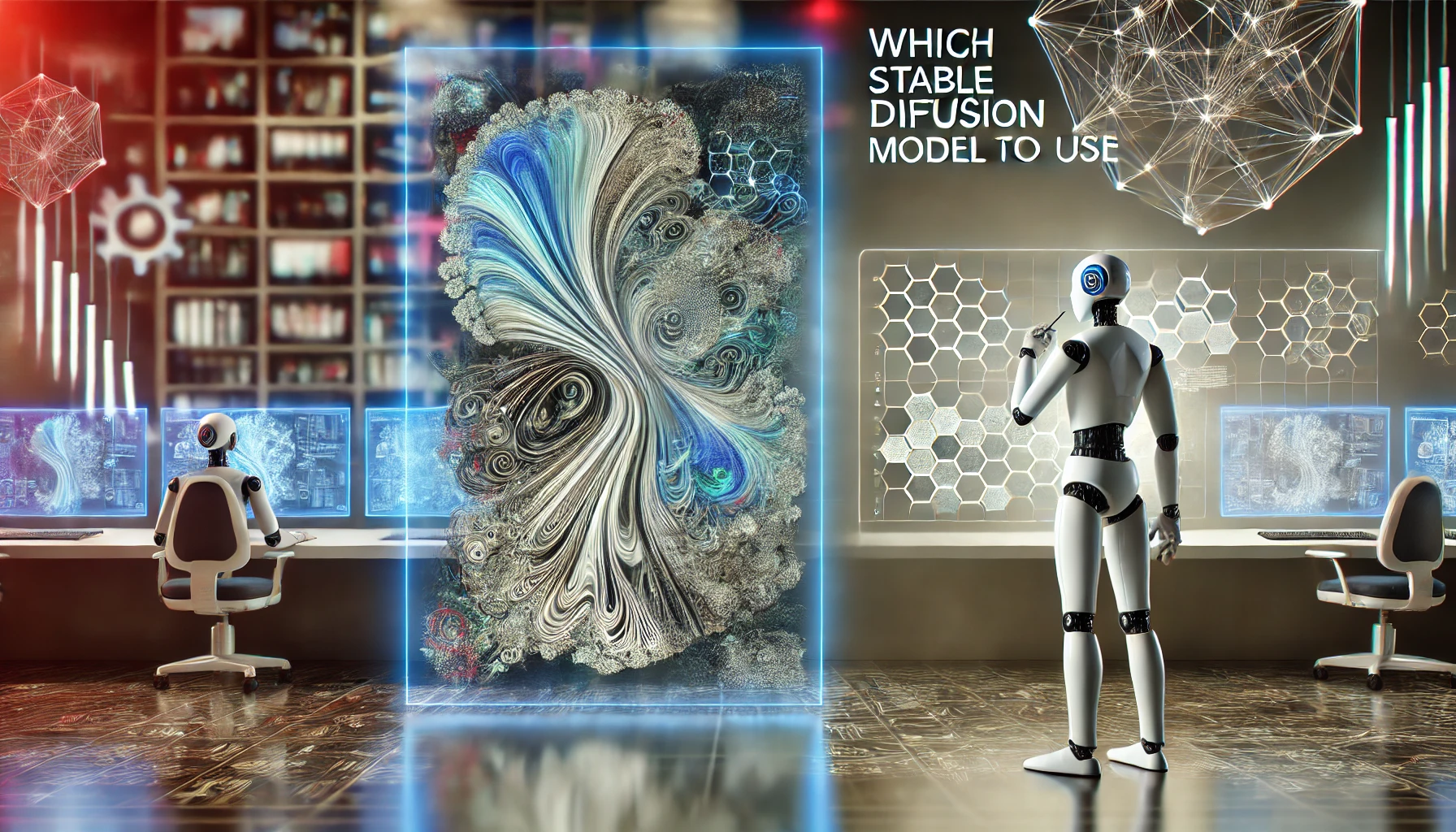
Which Stable Diffusion Model to Use
Which Stable Diffusion model to use depends on your specific needs. Each model excels for particular artistic styles, anything from photorealistic images to anime, even abstract creation. Here’s a breakdown that should help you find the model best that fits what you’re trying to create. The most Popular Stable Diffusion Models we know of ChilloutMix: […]
-
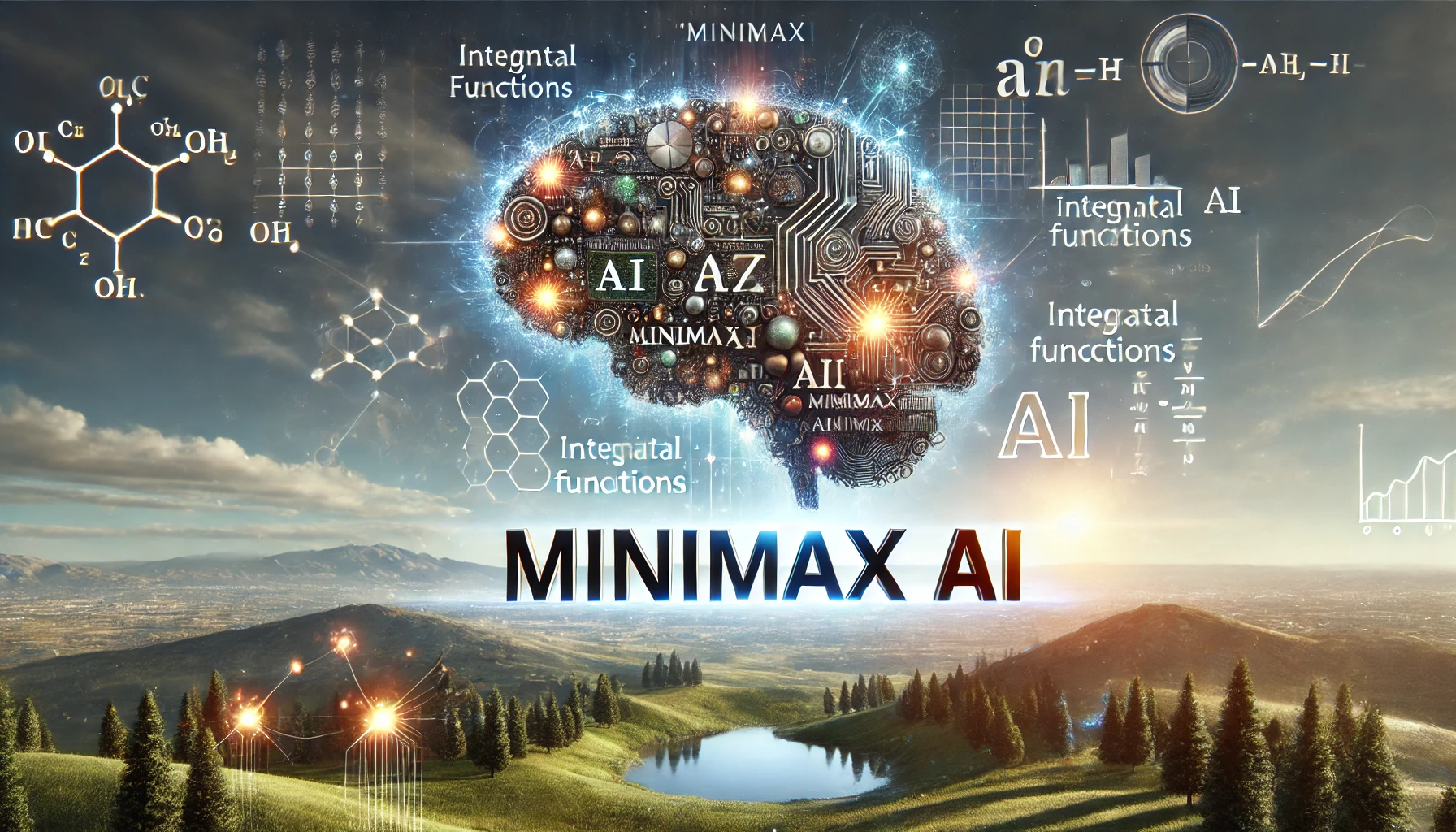
Master the Game Strategy with MiniMax AI
Minimax AI is a decision-making algorithm primarily applied in two-player games in which both players are fully aware of all choices in front of them. Based on such assumptions, in cases of playing chess, tic-tac-toe, or Connect Four, the algorithm Minimax would examine every possible outcome for making the best move. The idea of it […]
-
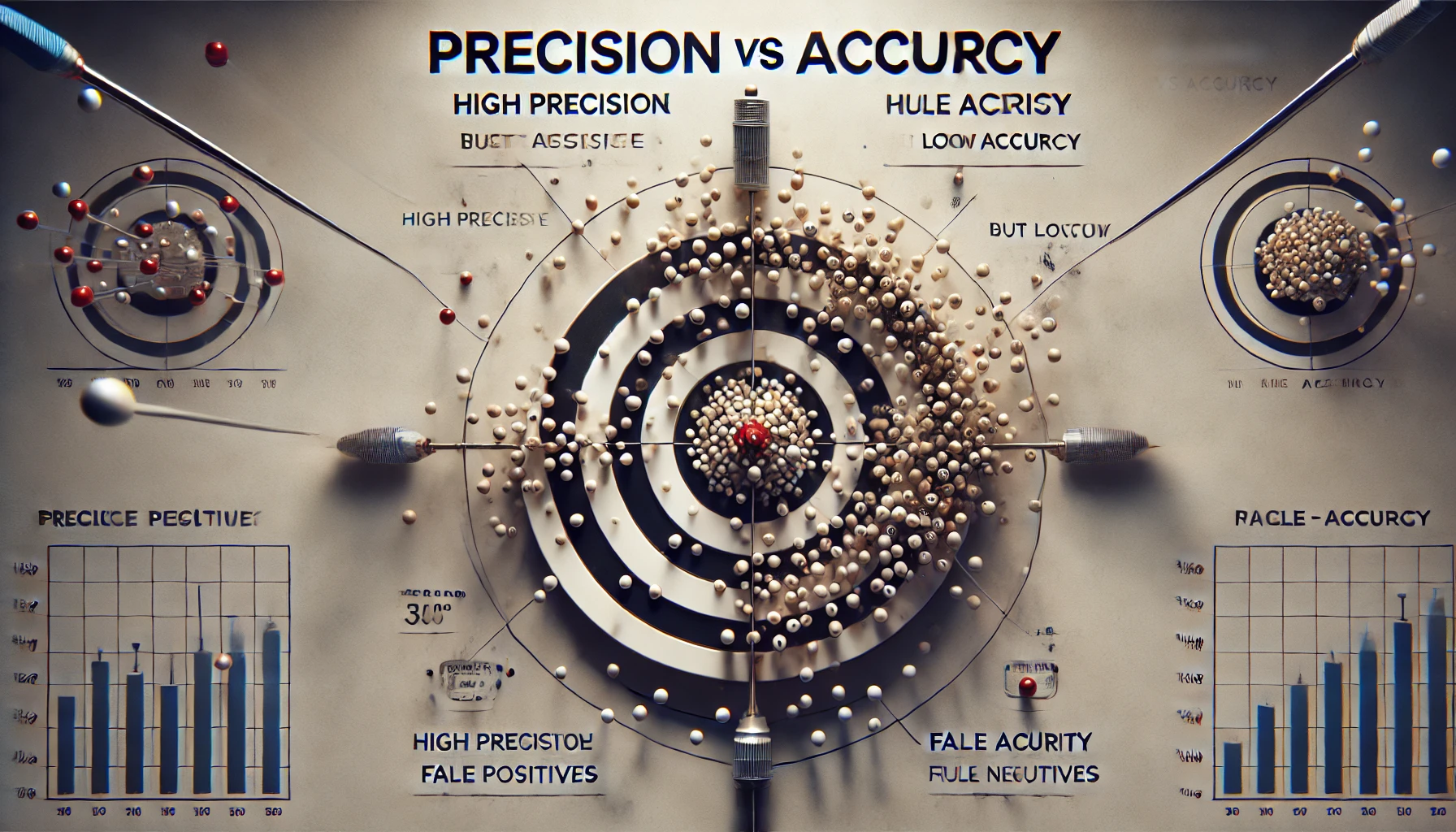
Precision VS Accuracy in machine learning
When you’re working with machine learning models, two terms that often pop up are precision and accuracy. These metrics, while closely related, serve different purposes and can significantly impact how you interpret your model’s performance. Understanding the distinction between these two can be a game-changer in optimizing your models. What is Accuracy? Accuracy is about […]
-
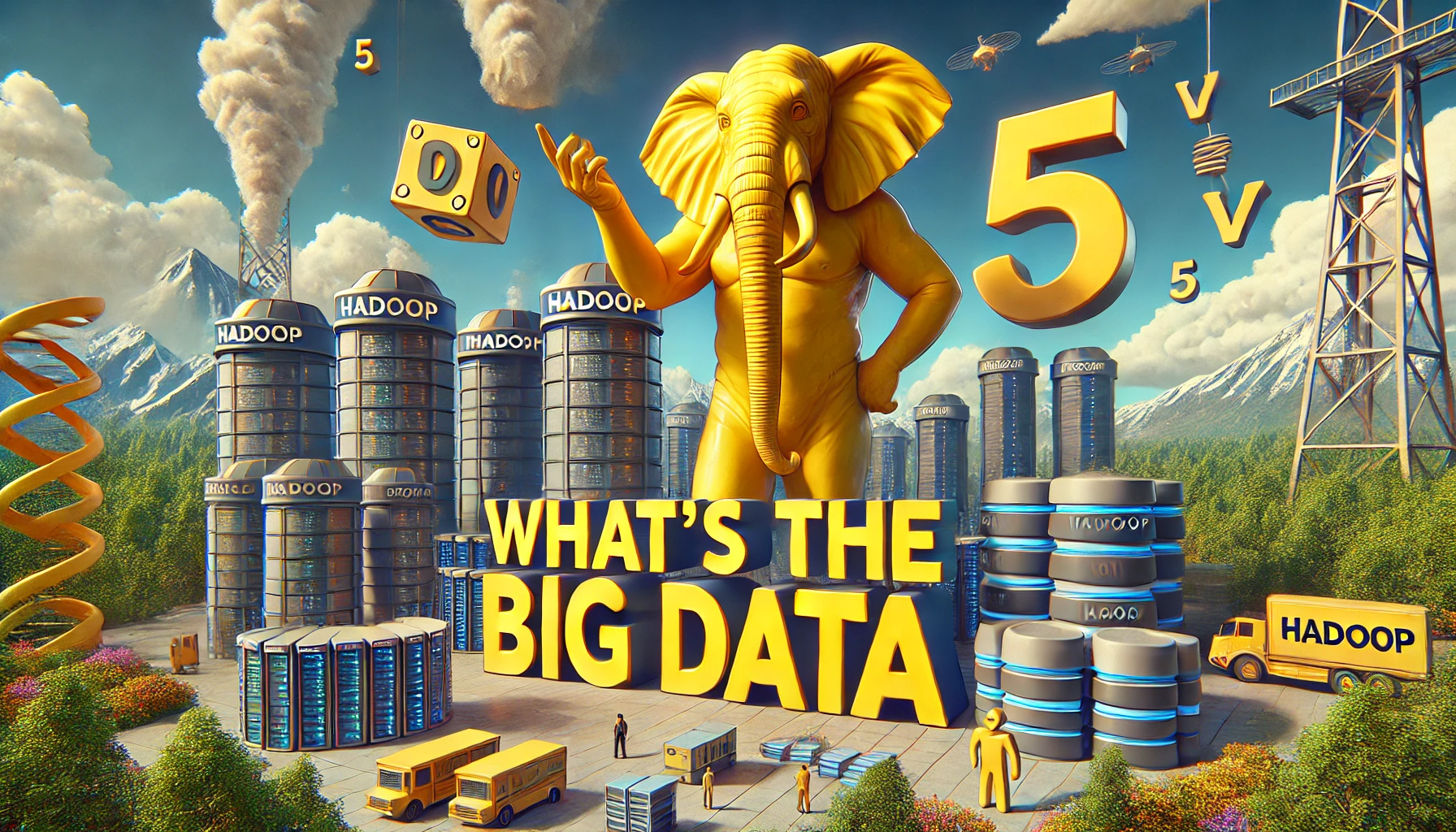
What’s the big data ?
Big data is just one of those buzzwords that get thrown around a lot, yet nobody really knows what it means. In plain words, big data refers to very large datasets that are complex in nature and beyond the ability of typical data-processing tools to handle. What underlies this philosophy is not just the size […]
-

IA Chat: What It Means and How to Use Intelligent Agents
IA (Intelligent Agent) chat refers to conversational systems powered by artificial intelligence designed to simulate human interaction. These systems, commonly known as AI chatbots, can perform a variety of tasks, ranging from customer service to content creation. The main aim of IA chat is to gratis provide users with a seamless and efficient way to […]
-
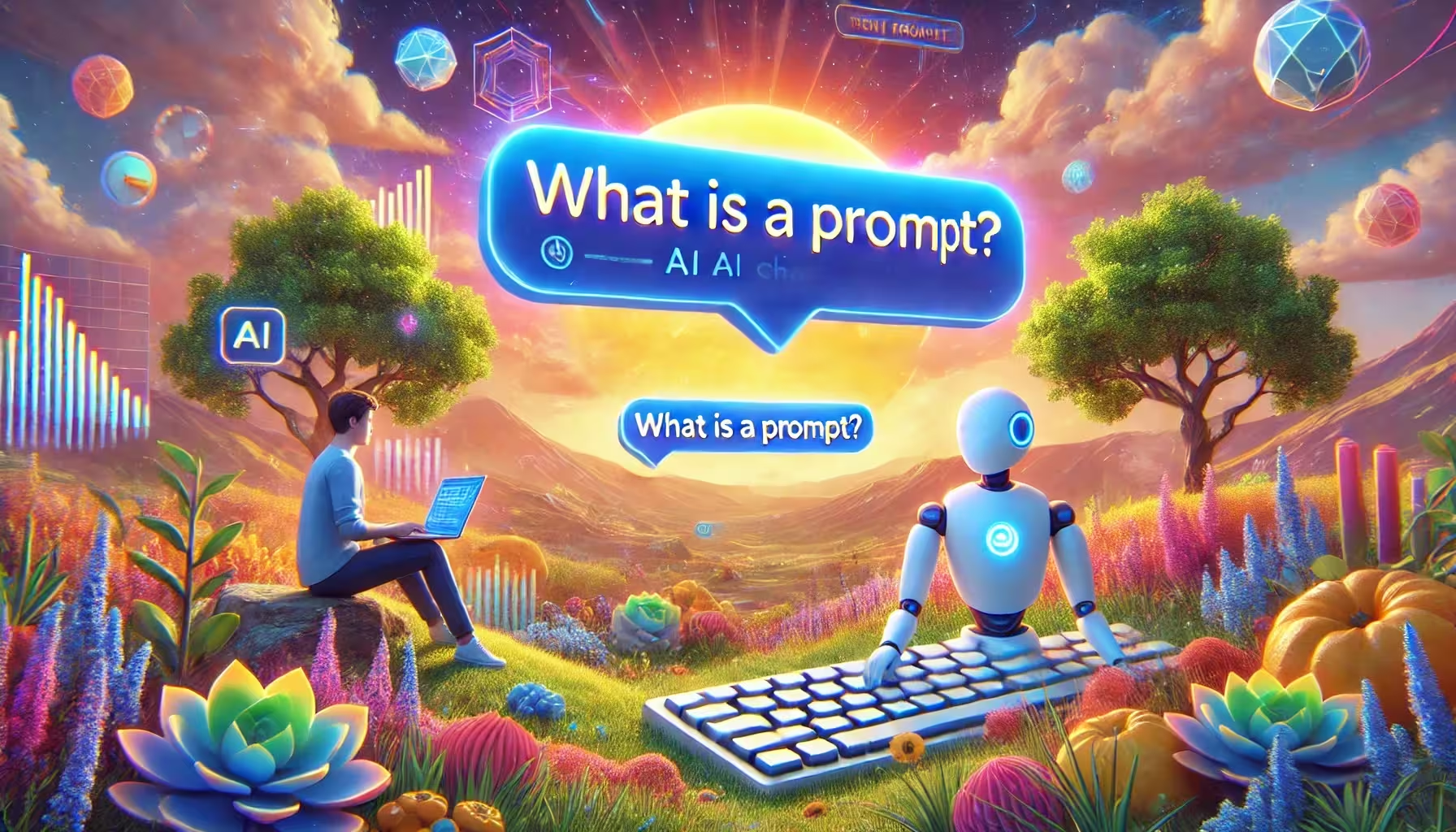
What is a Prompt? Understand and Use it for AI Content Creation
A prompt serves as a directive that initiates a specific action or response. In the realm of artificial intelligence and writing, a prompt can guide the creation of content, stimulate ideas, or facilitate specific tasks. It essentially acts as a starting point, providing the necessary information and context for generating relevant outputs. Prompts in AI […]
-

AI Jailbreaking: DAN vs. STAN – Which is Better?
Jailbreaking in the field of Generative AI, particularly in the context of language models like ChatGPT, is a sneaky technique that involves using specific prompts to bypass the built-in restrictions that control the AI’s responses. But that process enables the AI to create much more imaginative, less inhibited responses, which are fascinating and a little […]
-
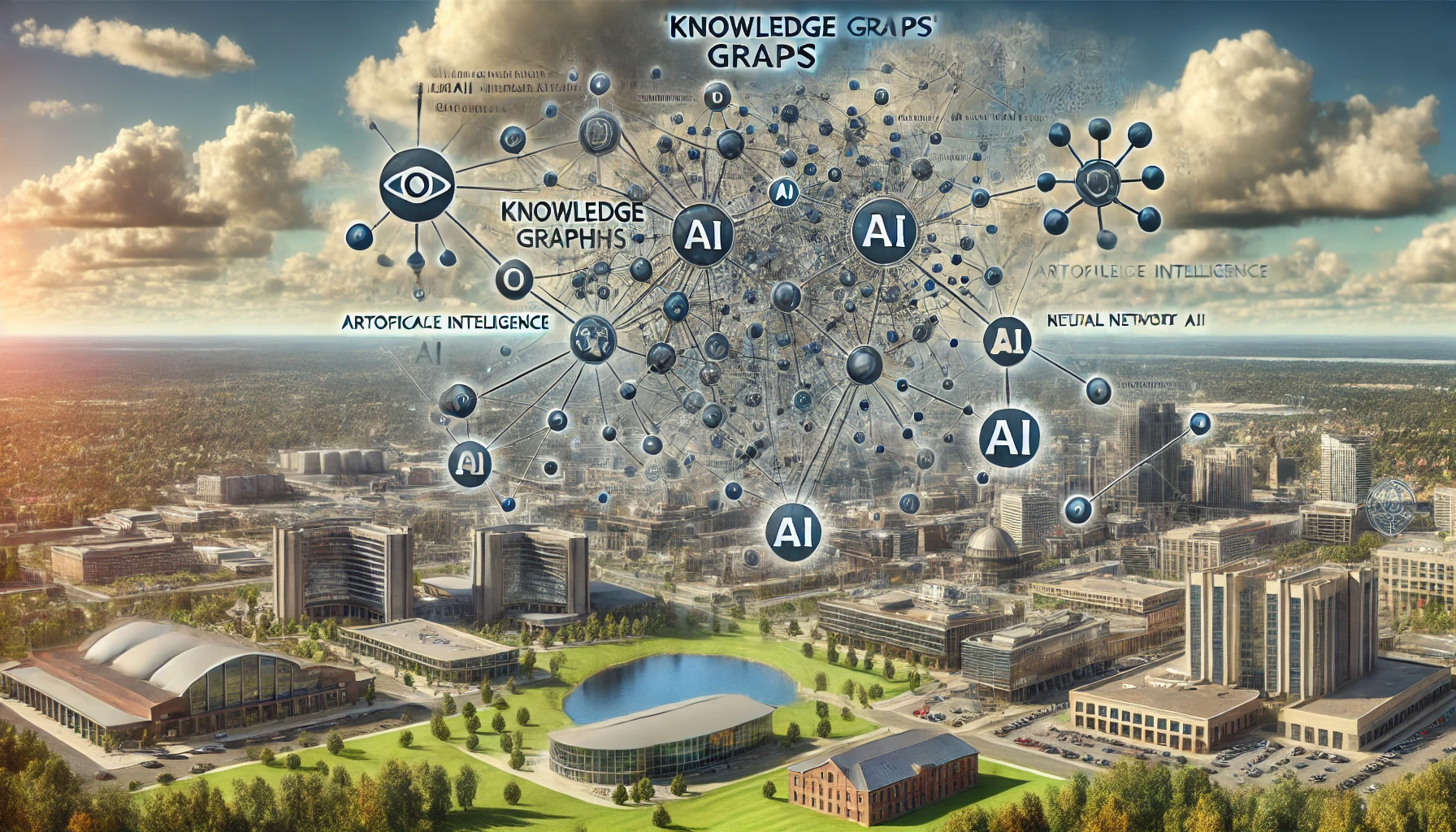
Generative AI with Knowledge Graphs and RAG Technology
Knowledge Graphs (KGs) paired with Retrieval-Augmented Generation (RAG) technologies represent a formidable combination in the realm of generative AI, enhancing the accuracy and contextuality of responses. A knowledge graph organizes data into entities and relationships, encapsulating complex real-world scenarios in a way that’s intuitive and actionable. When merged with RAG, this structured data helps guide […]
-
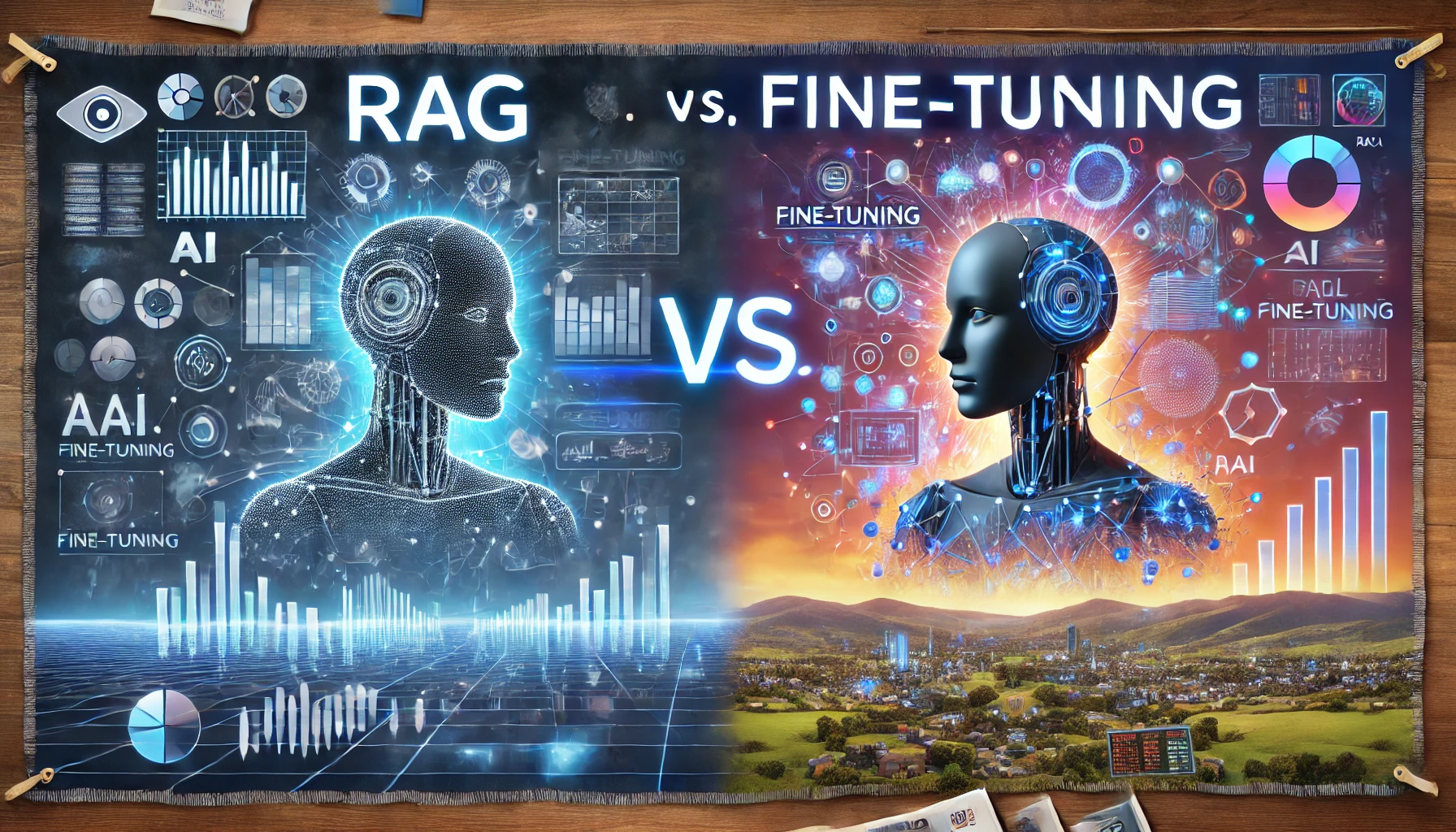
RAG vs. Fine-Tuning: Tailoring AI to Your Needs
When you’re working with AI, specifically large language models, you’ve got two powerful techniques at your disposal to enhance model performance: Retrieval-Augmented Generation (RAG) and fine-tuning. Understanding these methods will help you decide the best approach for your specific applications. Did you use Google to reach this page? Congratulations, you’ve just seen RAG in action! […]
-
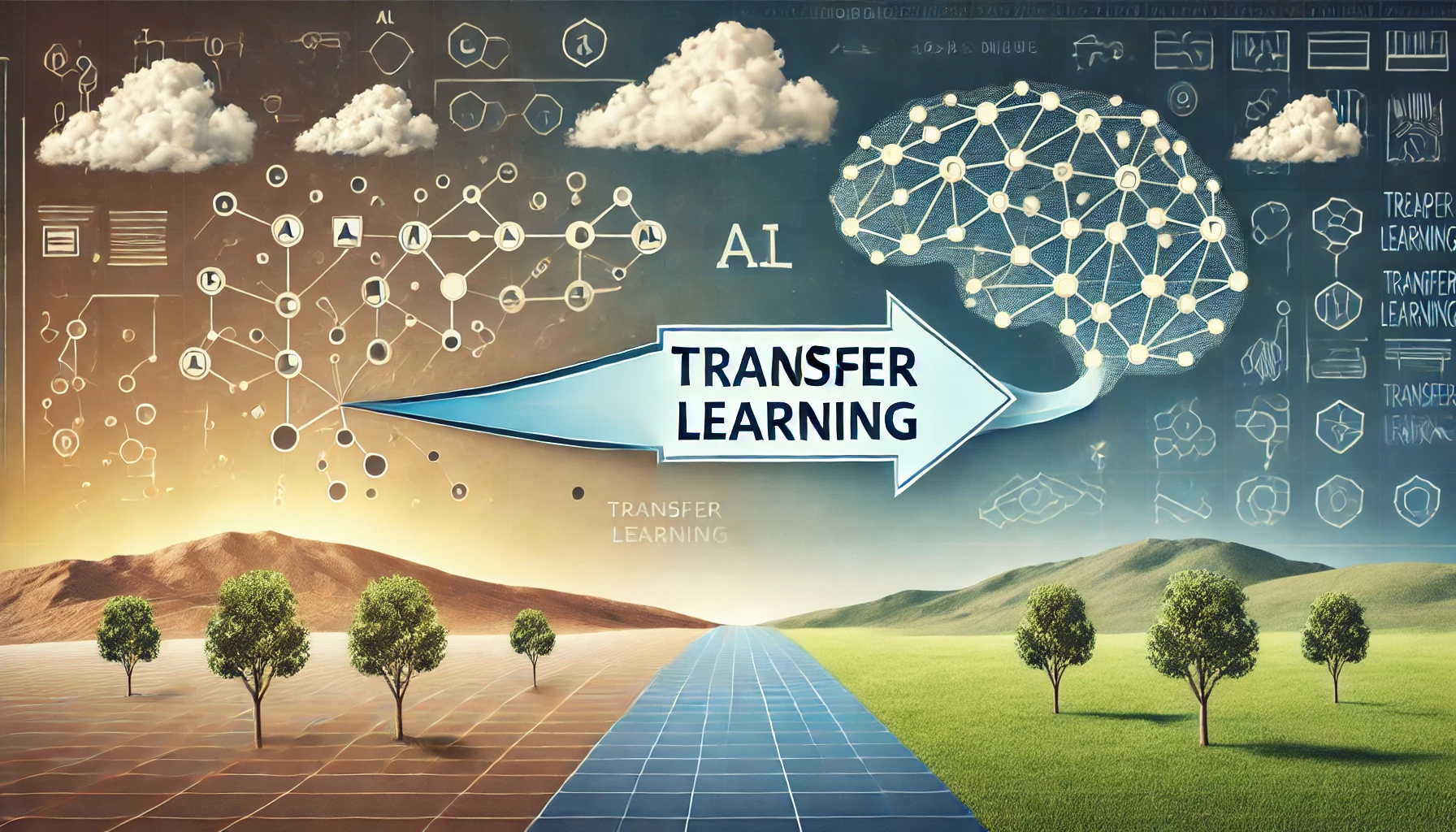
AI Transfer Learning Practical Approach to Enhancing Your Models
AI Transfer Learning
-
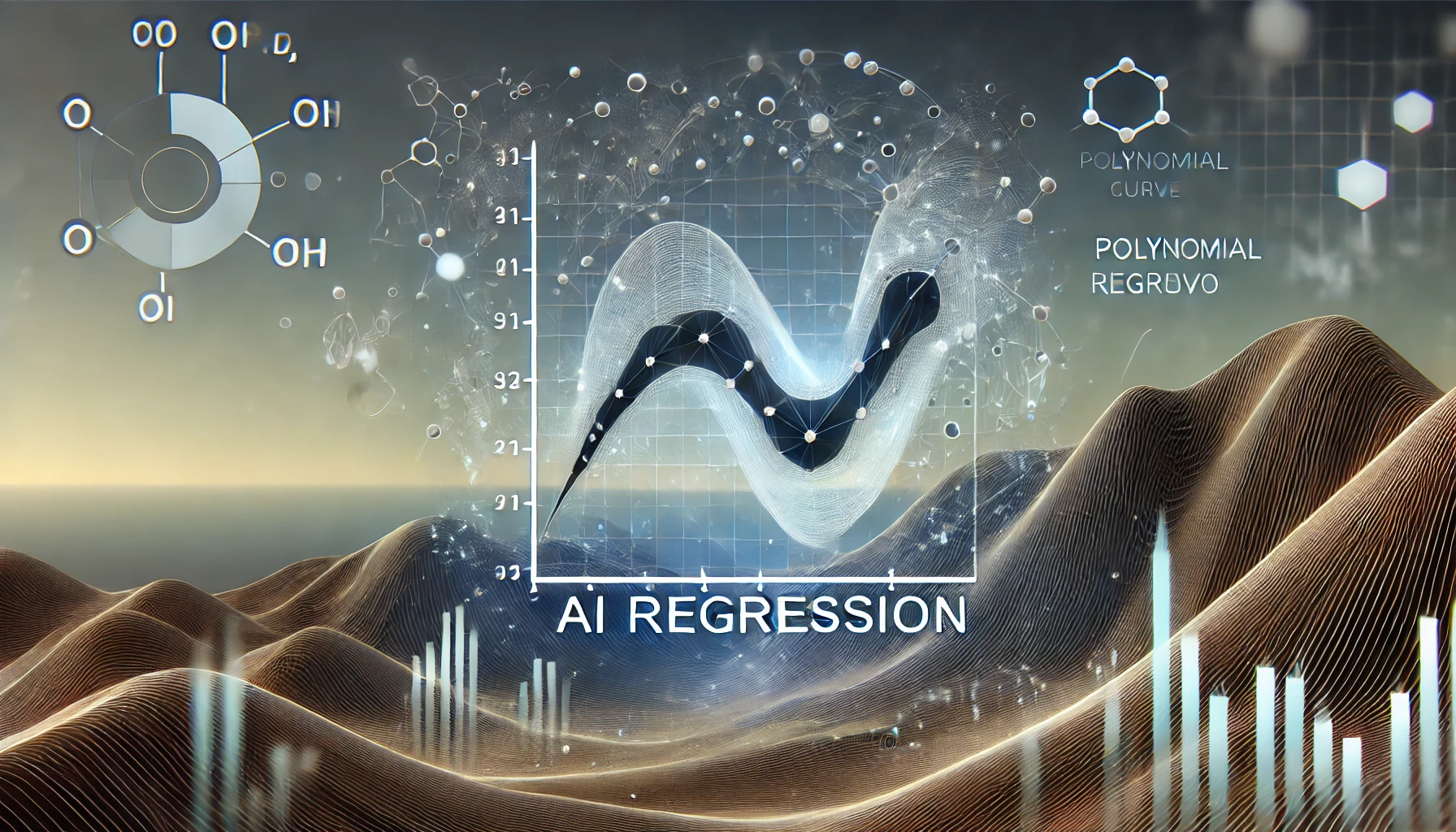
What is an AI Regression?
AI Regression analysis is a robust statistical method that assists you in understanding and quantifying the relationship between different variables. When you’re tackling problems in fields ranging from finance to social sciences, this tool is indispensable for making informed predictions and insights. What Does an AI Regression Do? At its core, it helps you predict […]
-
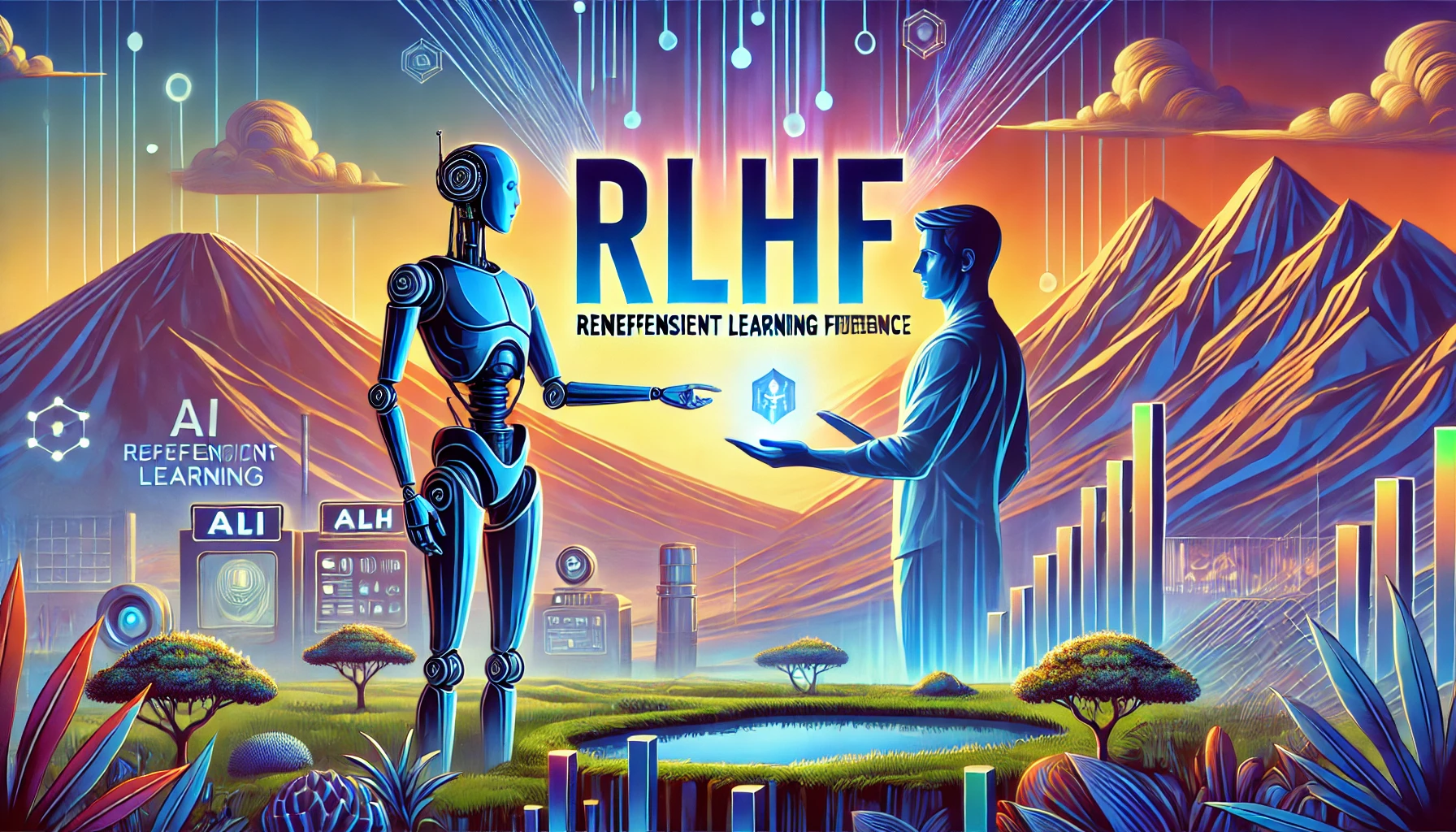
Reinforcement Learning from Human Feedback (RLHF)
If you’re curious about how AI can enhance its learning with a bit of human touch, you should consider the technique known as Reinforcement Learning from Human Feedback, or RLHF. What is Reinforcement Learning from Human Feedback (RLHF) ? This method is crucial for training AI to align more closely with human values and preferences. […]
-

AI Hallucinations: Why They Happen and How to Reduce Them
AI hallucinations in large language models can lead to surprising and often misleading outputs. Imagine you’re asking your AI assistant about scientific concepts or historical facts, and it responds with confident, yet entirely fictitious explanations. These aren’t just simple mistakes; they represent a complex challenge known as “AI hallucination,” where the model generates plausible but […]
-
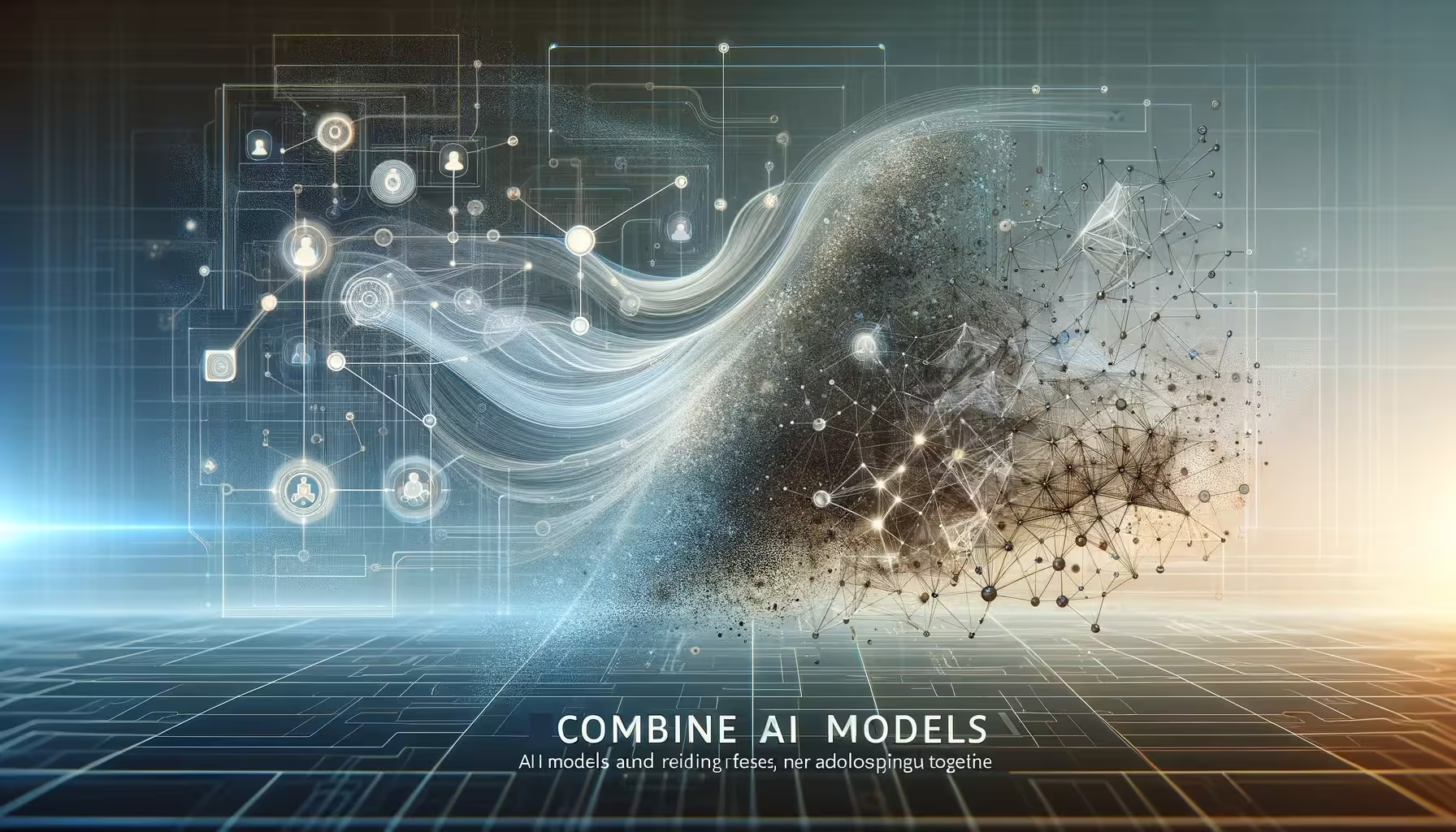
What Are the Ways to Blend Together Multiple AI Models?
Blending together or Combining multiple AI models, often referred to as model blending or ensemble learning, is a sophisticated technique that enhances the predictive power and stability of your AI solutions. You, as a user, can harness these techniques to build more robust AI systems that integrate the strengths of various models. The 8 Methods […]
-
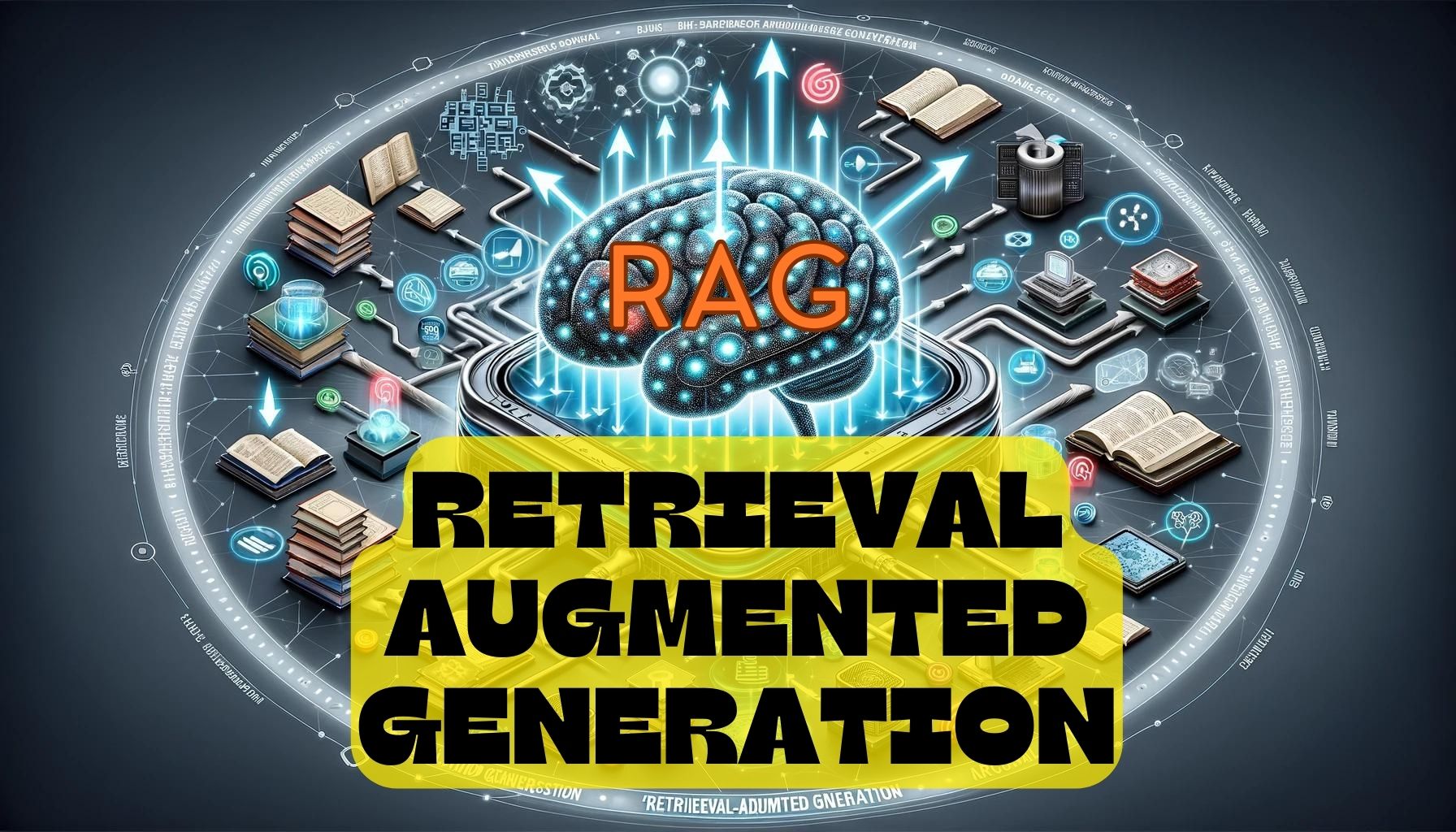
What Retrieval-Augmented Generation (RAG) in the field of AI ?
Enhance your AI’s accuracy and relevance with Retrieval-Augmented Generation (RAG). By combining robust external data sources with advanced language models, RAG empowers systems to deliver precise and context-aware responses, revolutionizing how businesses interact with data and improve user experiences. Explore how RAG can transform your applications into more intelligent and responsive tools.
-
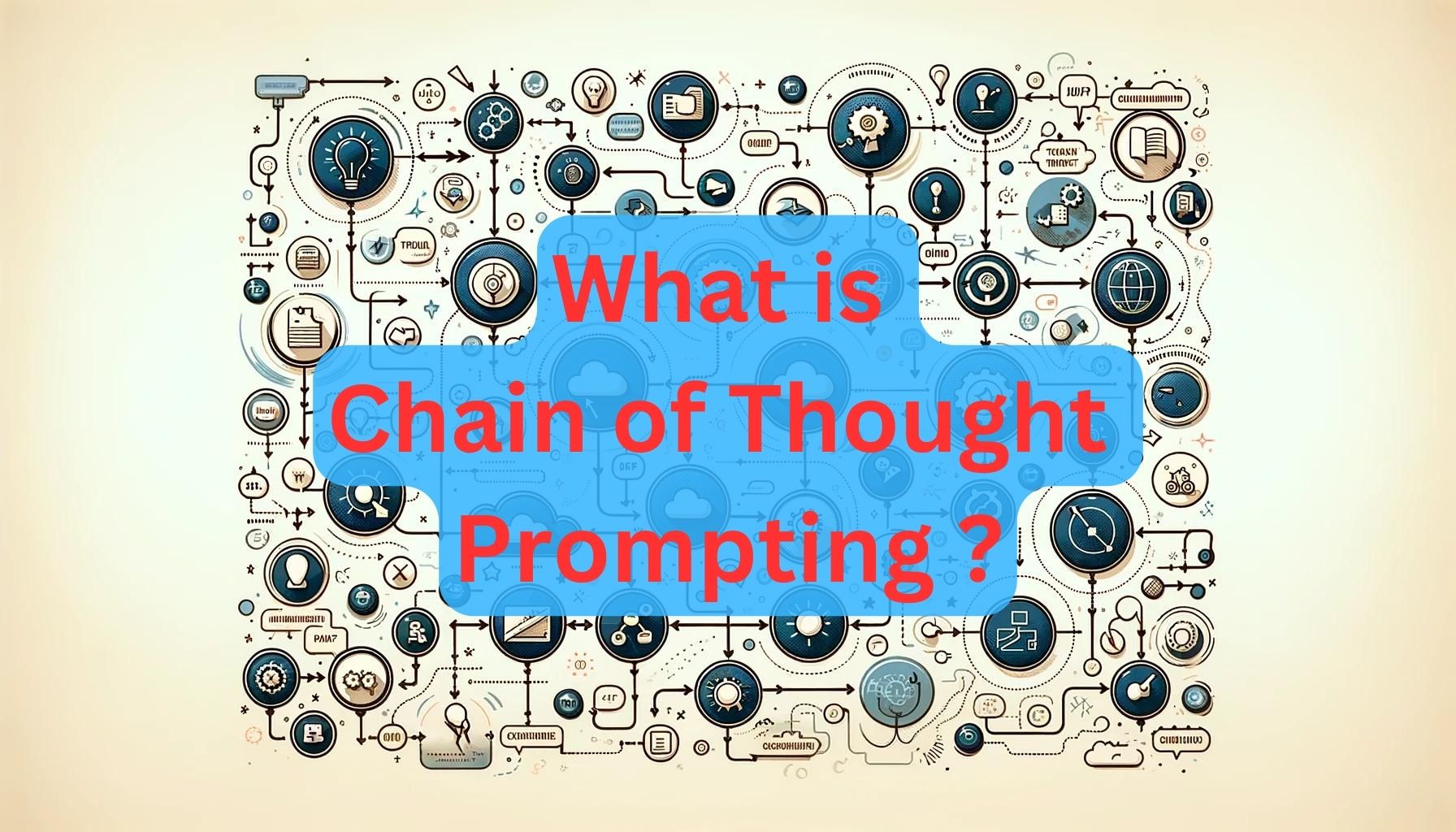
What is a Chain of thought prompting ?
Are you trying to boost the reasoning capabilities of language models for complex tasks? Enter Chain of Thought (CoT) prompting, a method that significantly enhances the problem-solving abilities of large language models (LLMs) by guiding them through a series of logical steps before arriving at an answer. Chain of Thought prompting is not just about […]
-
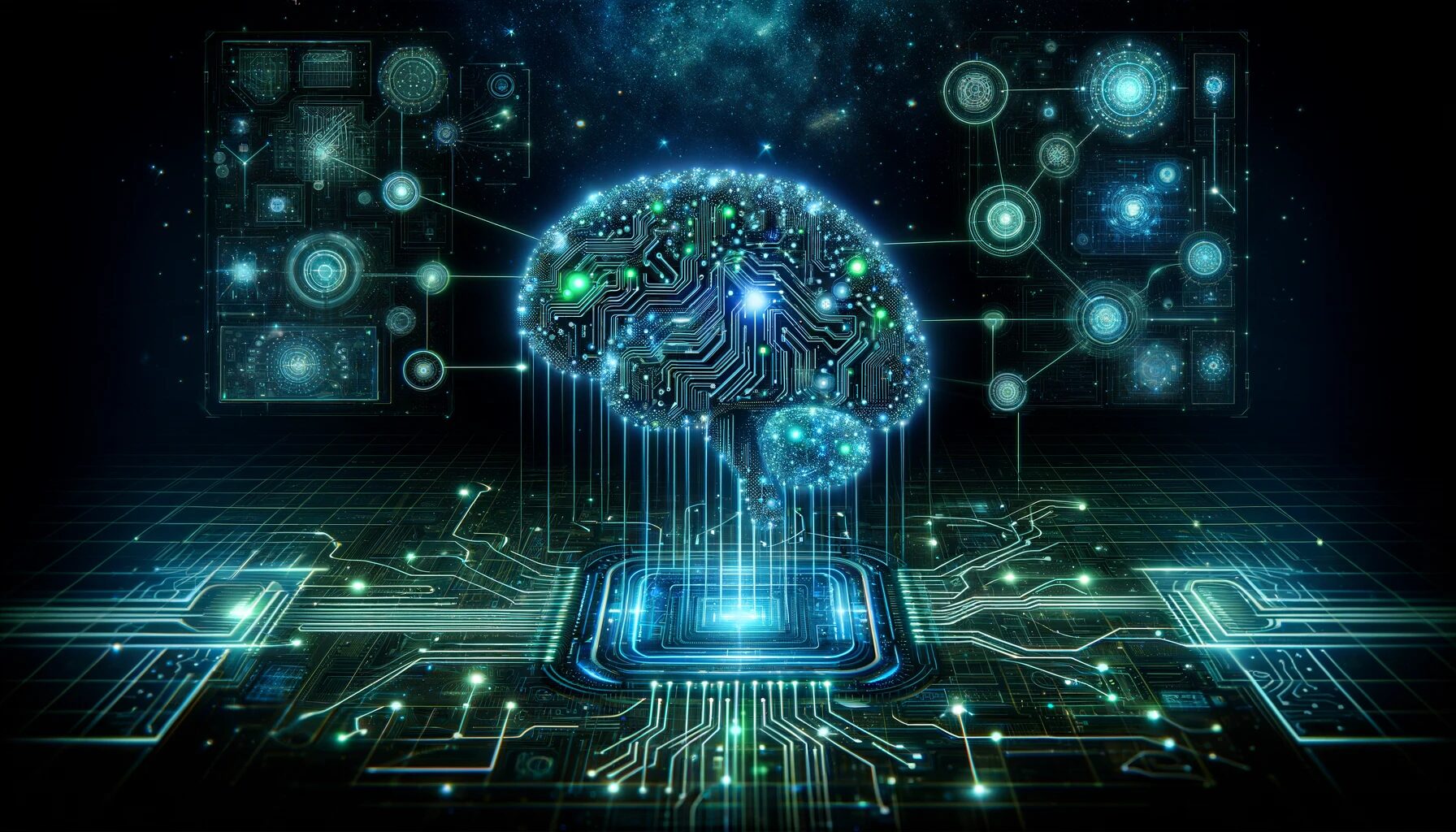
When will Artificial General Intelligence (AGI) be created?
Artificial General Intelligence (AGI) represents a frontier in the evolution of AI systems that aren’t just specialized in narrow tasks but are equipped to perform any cognitive function that a human being can. Unlike the AI that powers your smartphone or car navigation system, AGI can think, understand, and act across a wide range of […]
-
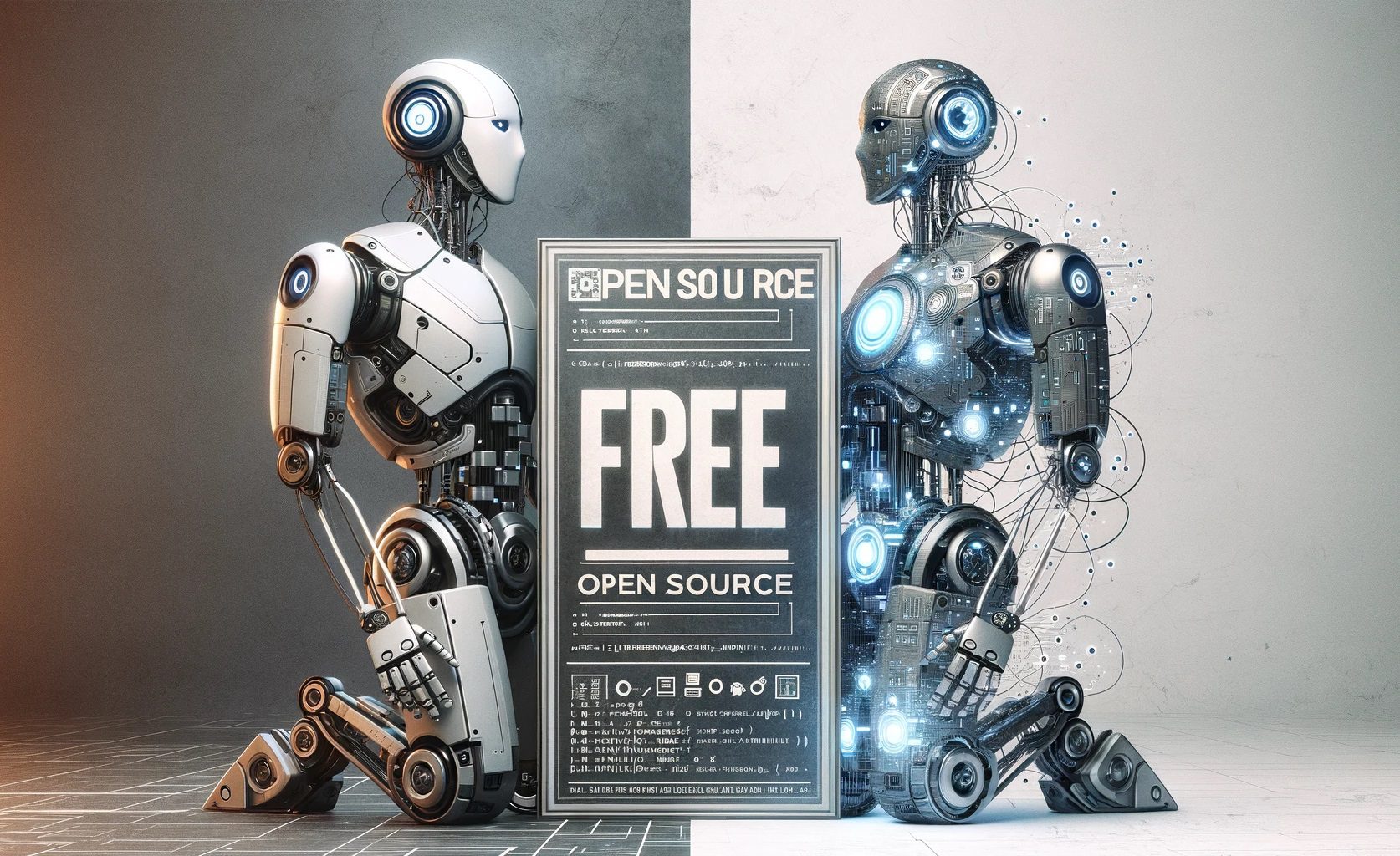
Is OpenSource AI Always free? what’s the difference
If you’ve ever wondered about the surge of open-source AI and its implications for the tech industry, you’re in good company. Open-Source AI offers a canvas for communal innovation and brings forth an array of tools that transform how we approach problems and solutions in various sectors. What is OpenSource AI ? Open-source AI essentially […]
-
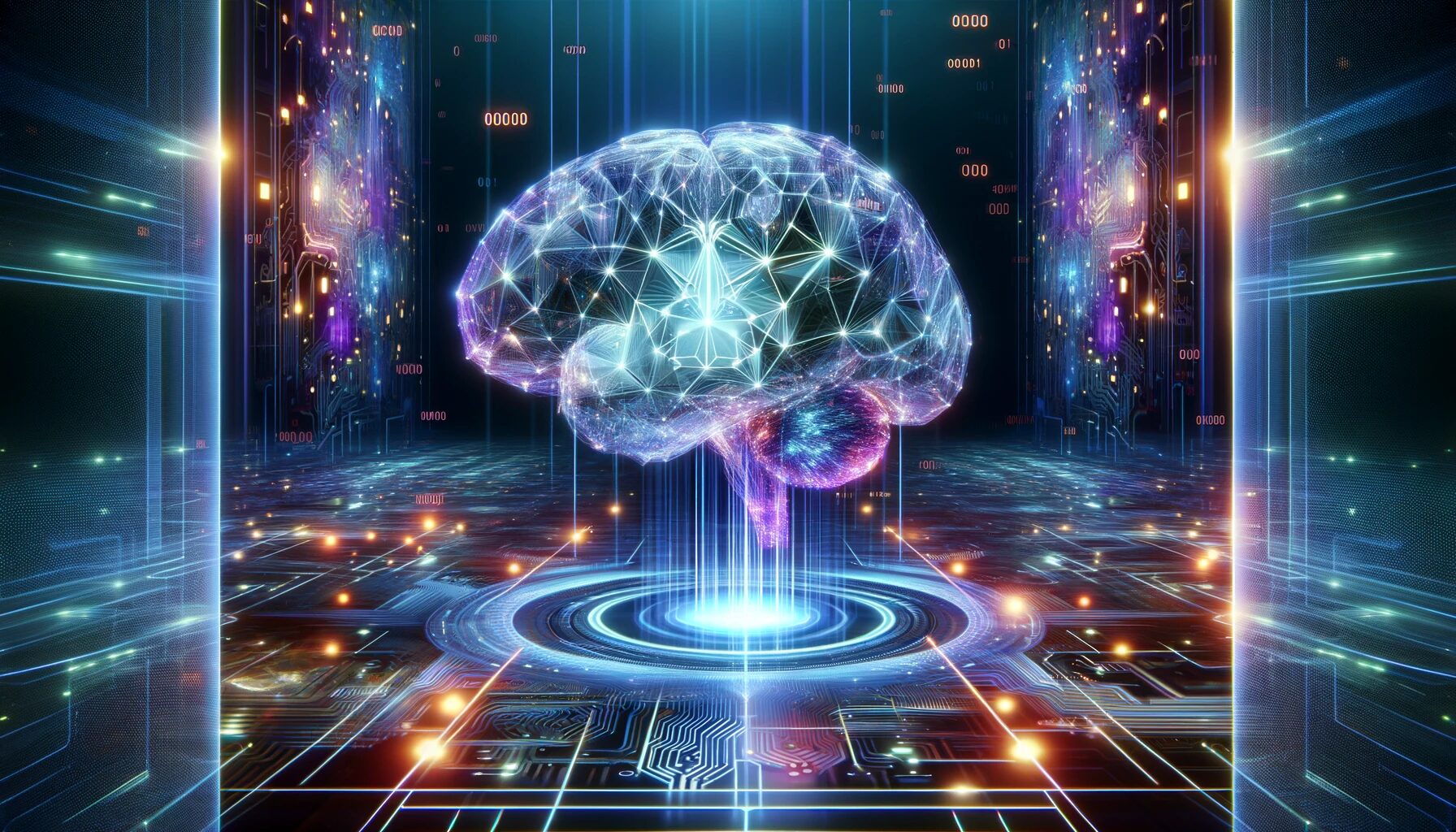
What is a Generative Pretrained Transformer (GPT)?
That’s the magic of the Generative Pre-trained Transformer, or GPT for short. This tool is a type of AI that excels in creating text based on the patterns it picks up during its training phase. It uses a complex mechanism called the transformer architecture, which helps it predict and generate sequences of text by understanding […]
-
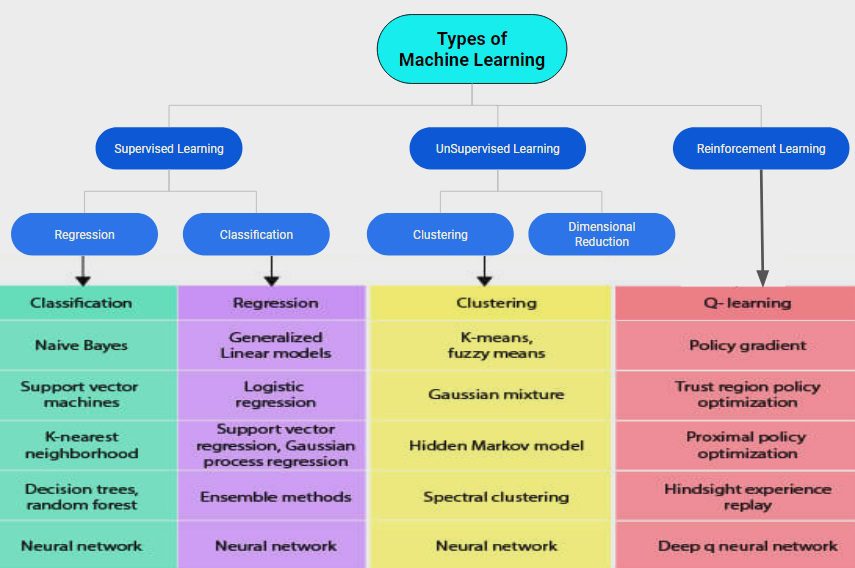
Understanding the Three Primary Types of Machine Learning
Machine learning, a subset of artificial intelligence (which was born with a set of business rules), is all about giving machines the ability to act and make data-driven decisions rather than being explicitly programmed to carry out certain tasks. Algorithms are trained to identify patterns and features from massive amounts of data which they then […]
-

Generative AI Steals the Spotlight, Yet Predictive AI Holds strong
While Generative AI captures the imagination with its creative capabilities, Predictive AI remains the unsung hero, tirelessly powering the backbone of industries. Antonello Supino of Raiday.ai delves into how both AI types are shaping our future.
-

Calculating the Size of GPT Models in Gigabytes: A Simple Guide
How to measure the size of artificial intelligence LLM in GB is the question we will answer in this post: Understanding the size of large language models like GPT-3.5 and GPT-4 Turbo is crucial for both AI enthusiasts and professionals. These models, known for their astonishing language processing capabilities, are often discussed in terms of […]
-

What is Data Modelling?
Understanding Data Modeling Data modeling is a process used to define and analyze the data requirements needed to support the business processes within the scope of corresponding information systems in organizations. It involves the creation of visual representations of data (data models) to communicate connections between data points and structures. The goal is to use […]
-
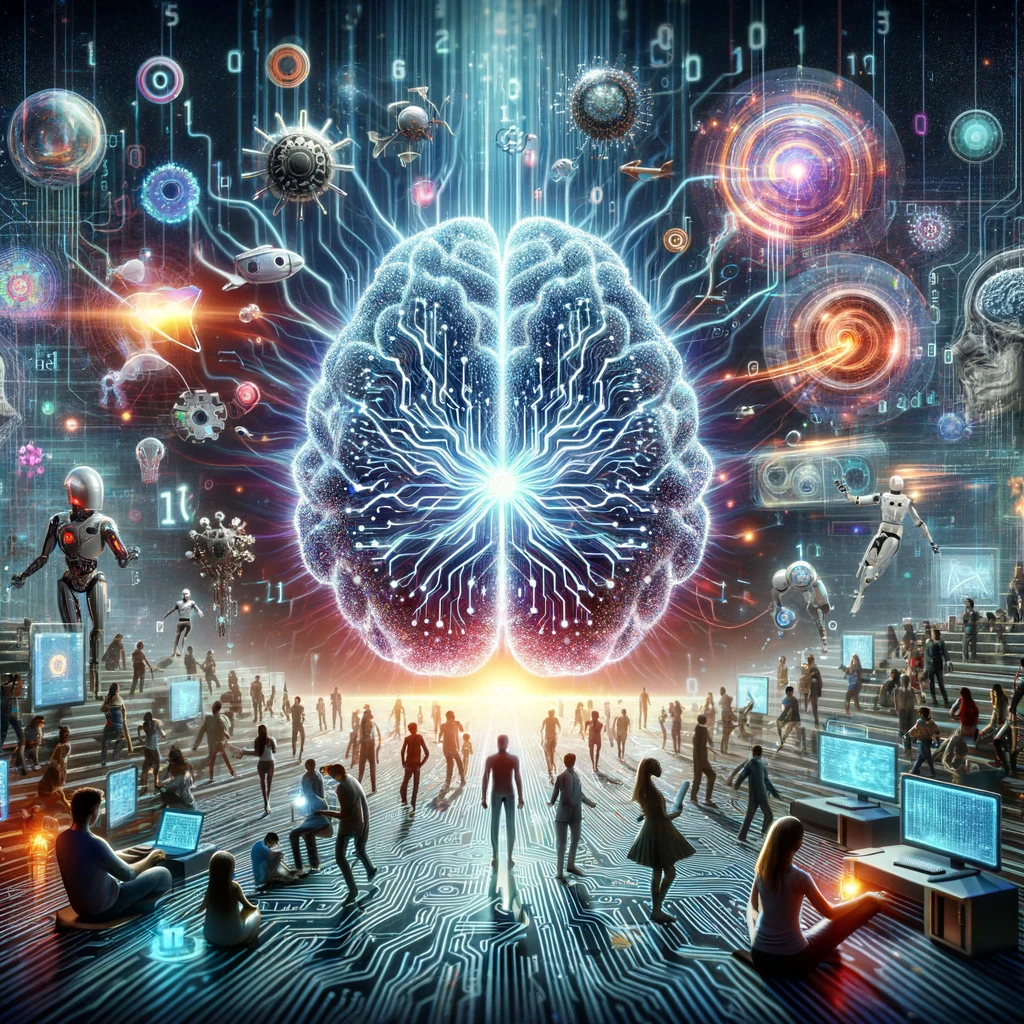
What is Generative AI ?
Generative AI and its associated acronyms like LLM (Large Language Models) and RAG (Retrieval-Augmented Generation) represent significant advancements in the field of artificial intelligence. Here’s a detailed explanation suitable for a blog post. What is Artificial Intelligence (AI) ? Artificial Intelligence is the simulation of human intelligence processes that are undertaken by computer systems . […]
